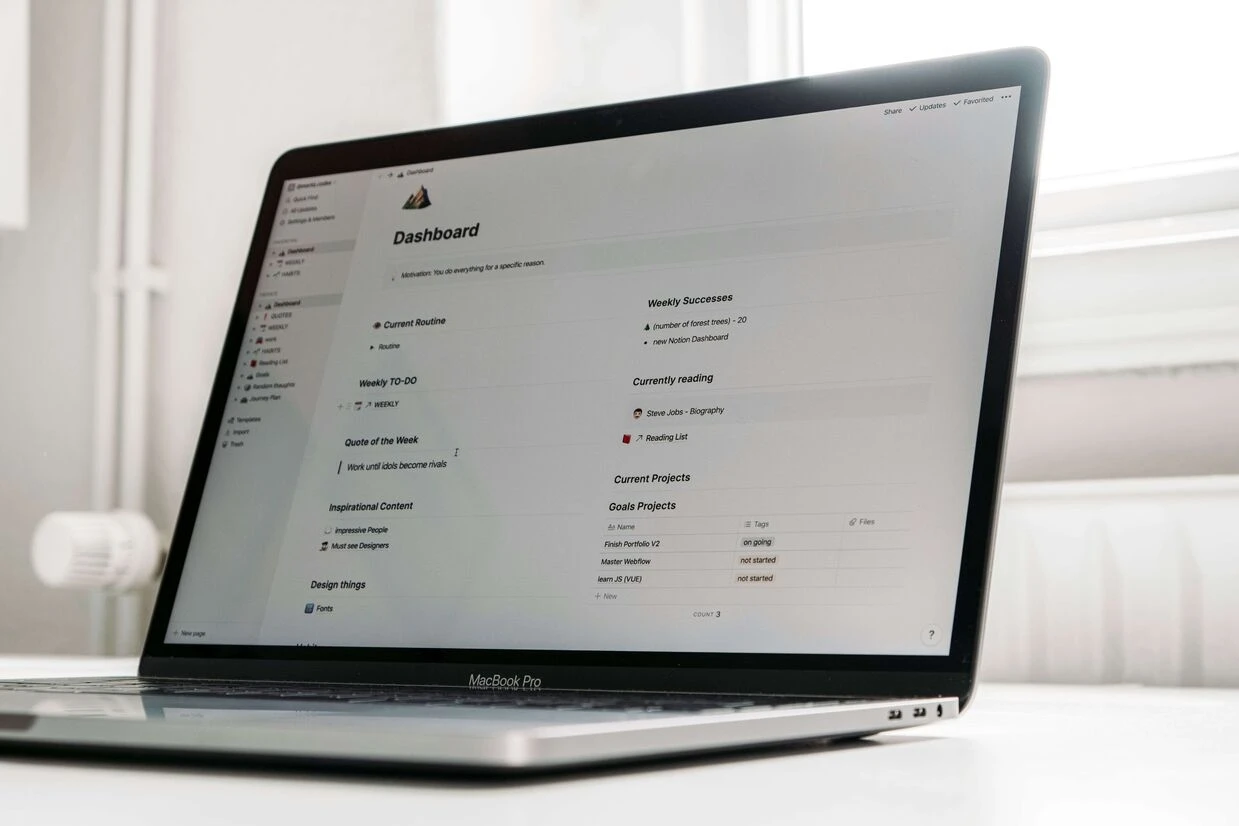In today’s digital-first world, online businesses thrive on data. Whether it’s customer information, transaction records, website files, or internal communication logs, data is at the heart of operations. Yet, too many businesses underestimate the value of securing that data — until disaster strikes.
This is where data backup and disaster recovery (DR) come into play. These aren’t just IT buzzwords; they are essential components of a robust online business strategy.
Why Data Backup Matters
1. Protection Against Data Loss
Hardware failure, human error, software corruption, or cyberattacks can wipe out critical business data in seconds. A reliable backup system ensures that you can restore lost files and resume business with minimal disruption.
2. Business Continuity
Your website going down for even a few hours can result in lost sales, missed opportunities, and damaged reputation. With backups in place, you can restore your site quickly and keep customers happy.
3. Compliance and Legal Requirements
Many industries have legal requirements around data protection and storage. Regular backups help meet these standards and avoid costly penalties.
4. Peace of Mind
Knowing that your data is safe allows you to focus on growth, not crisis management.
Why Disaster Recovery Is Crucial
While backups help restore data, disaster recovery plans outline how you’ll recover and continue operations after an incident — whether it's a server crash, cyberattack, or natural disaster.
1. Minimizing Downtime
Time is money. A solid DR plan ensures that your website, eCommerce store, or application is back online quickly, reducing revenue loss.
2. Enhancing Customer Trust
When customers know that your business can bounce back quickly from setbacks, it builds trust. It shows professionalism and reliability.
3. Reducing Operational Chaos
A predefined recovery process keeps your team aligned during emergencies. Everyone knows what to do and who’s responsible for what.
4. Safeguarding Your Brand
A business that handles disaster smoothly protects its brand reputation. In contrast, one that fumbles may lose customers permanently.
Best Practices for Data Backup and DR
Use the 3-2-1 Rule: Keep 3 copies of your data, on 2 different types of media, with 1 copy stored offsite or in the cloud.
Automate Backups: Manual backups are prone to human error. Automation ensures consistency.
Test Regularly: A backup is only useful if it works. Periodic testing ensures data integrity and recoverability.
Create a Disaster Recovery Plan: Document recovery steps, assign roles, and set Recovery Time Objectives (RTO) and Recovery Point Objectives (RPO).
Use Cloud Solutions: Cloud-based backups and DR solutions offer scalability, flexibility, and accessibility.
Final Thoughts
For online businesses, data is everything. Ignoring data backup and disaster recovery is like walking a tightrope without a safety net. Whether you’re a small online shop or a growing SaaS platform, investing in reliable backup and DR strategies isn’t optional — it’s essential.
Ensure your business is resilient, protected, and prepared for whatever comes your way.
Would you like help turning this into a visually engaging blog post for WordPress or another CMS?




